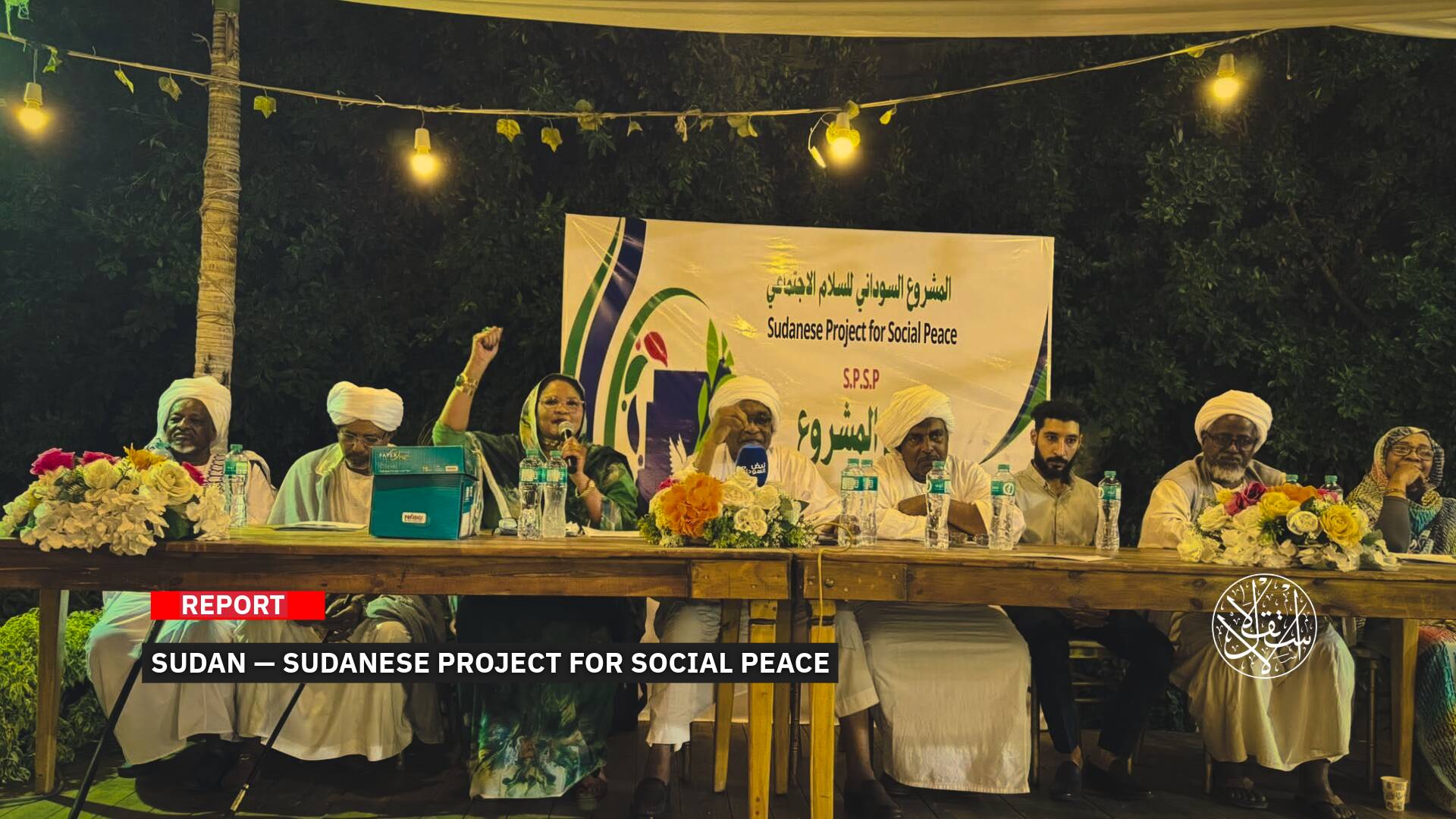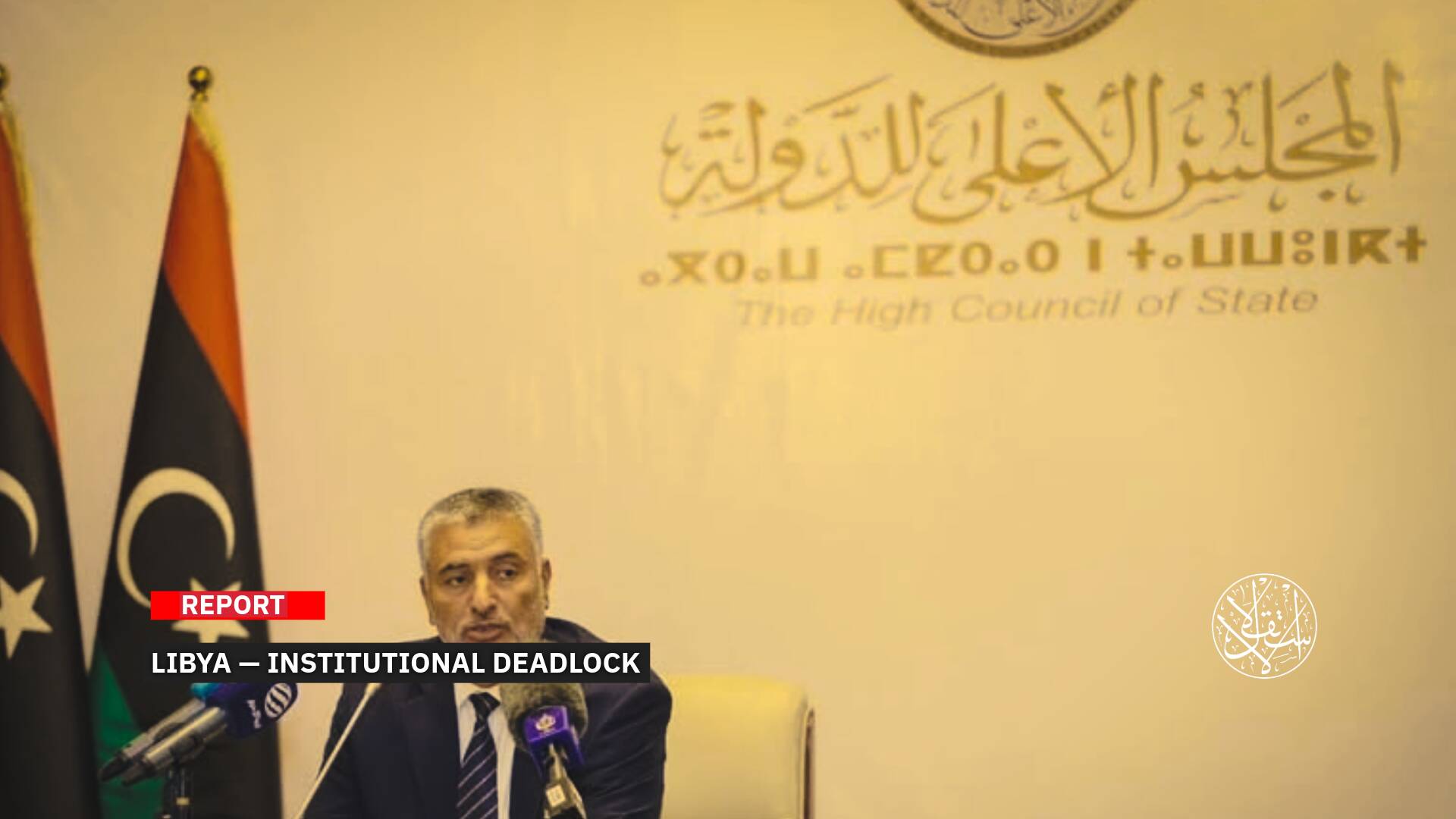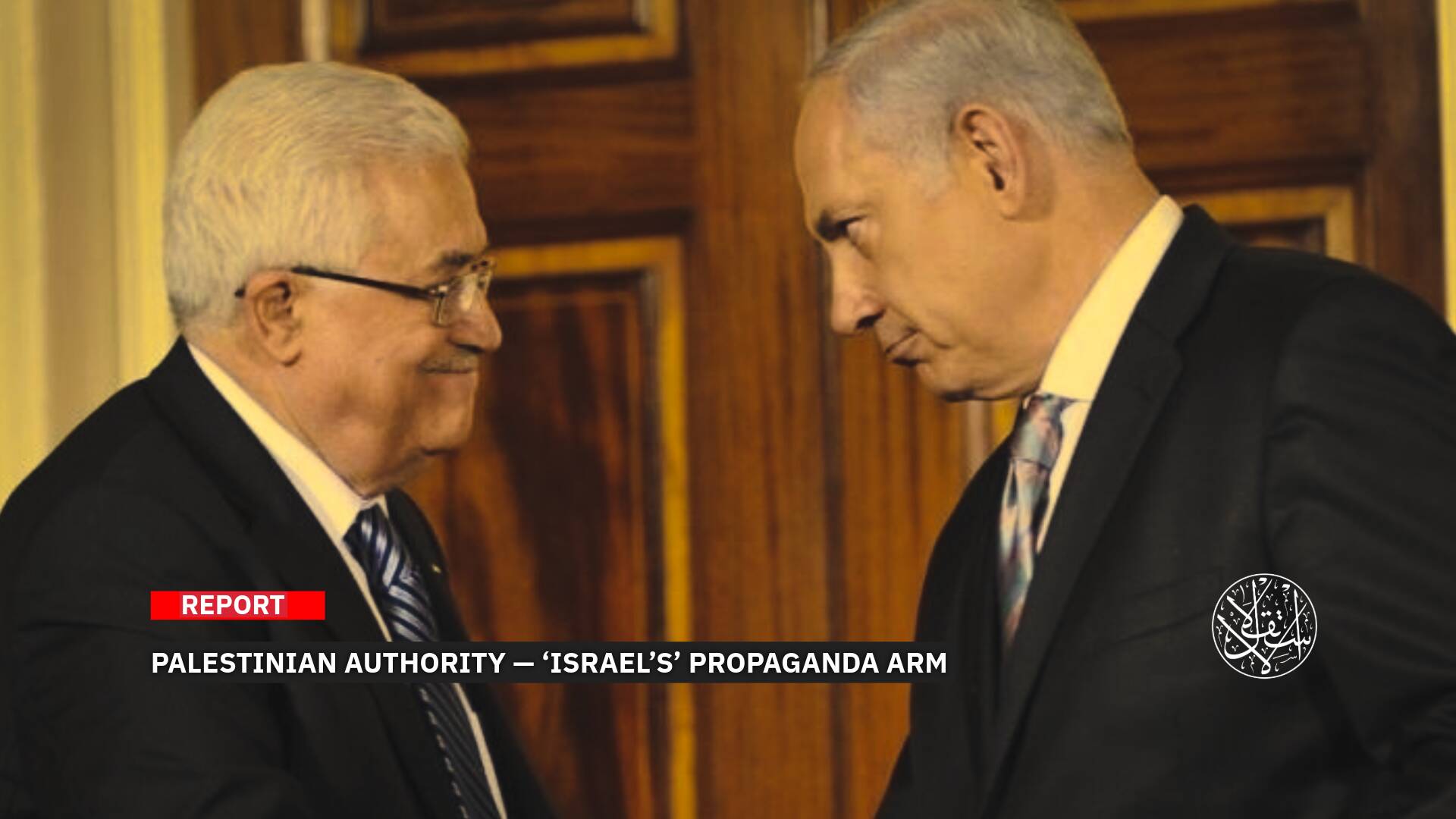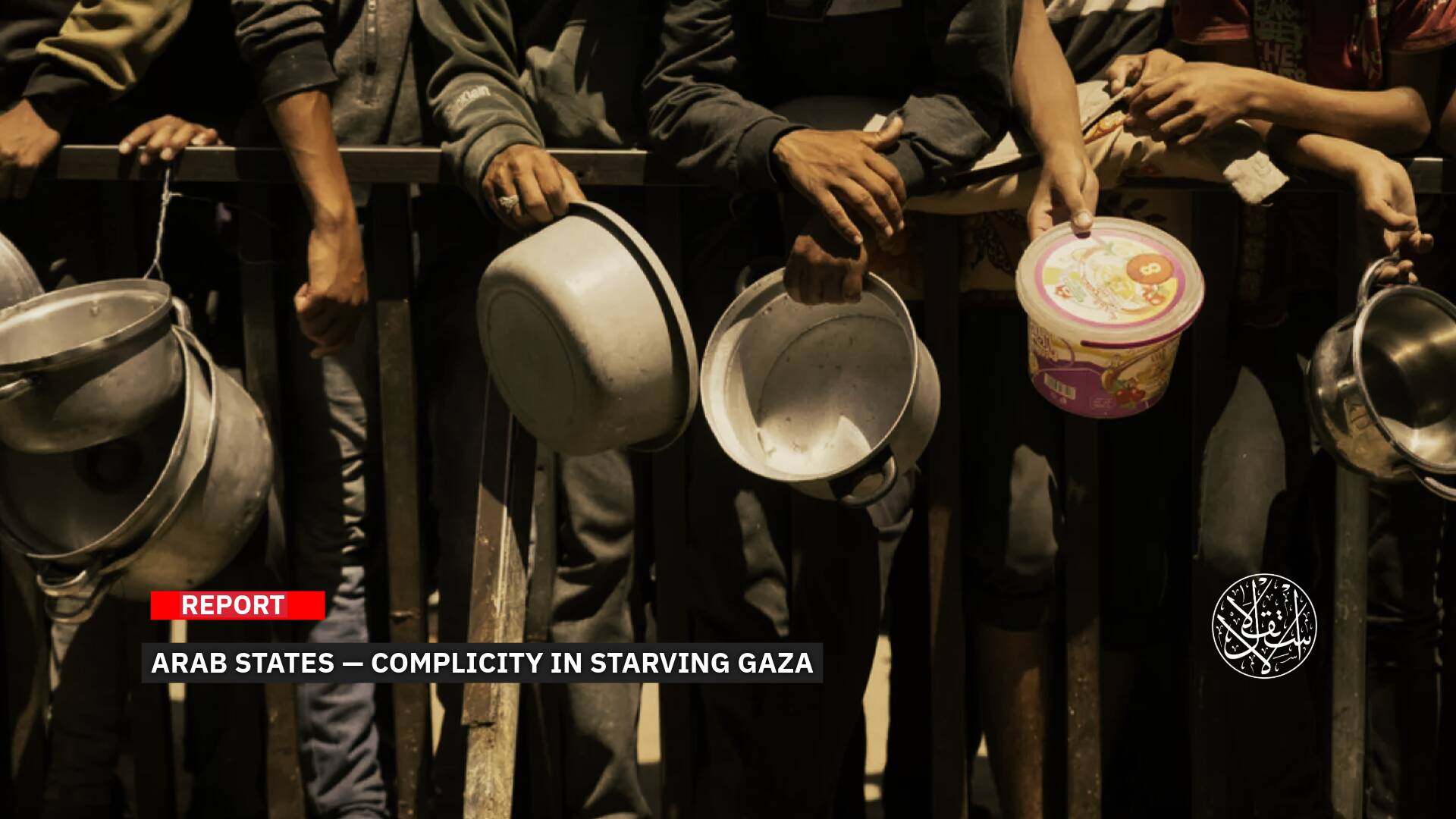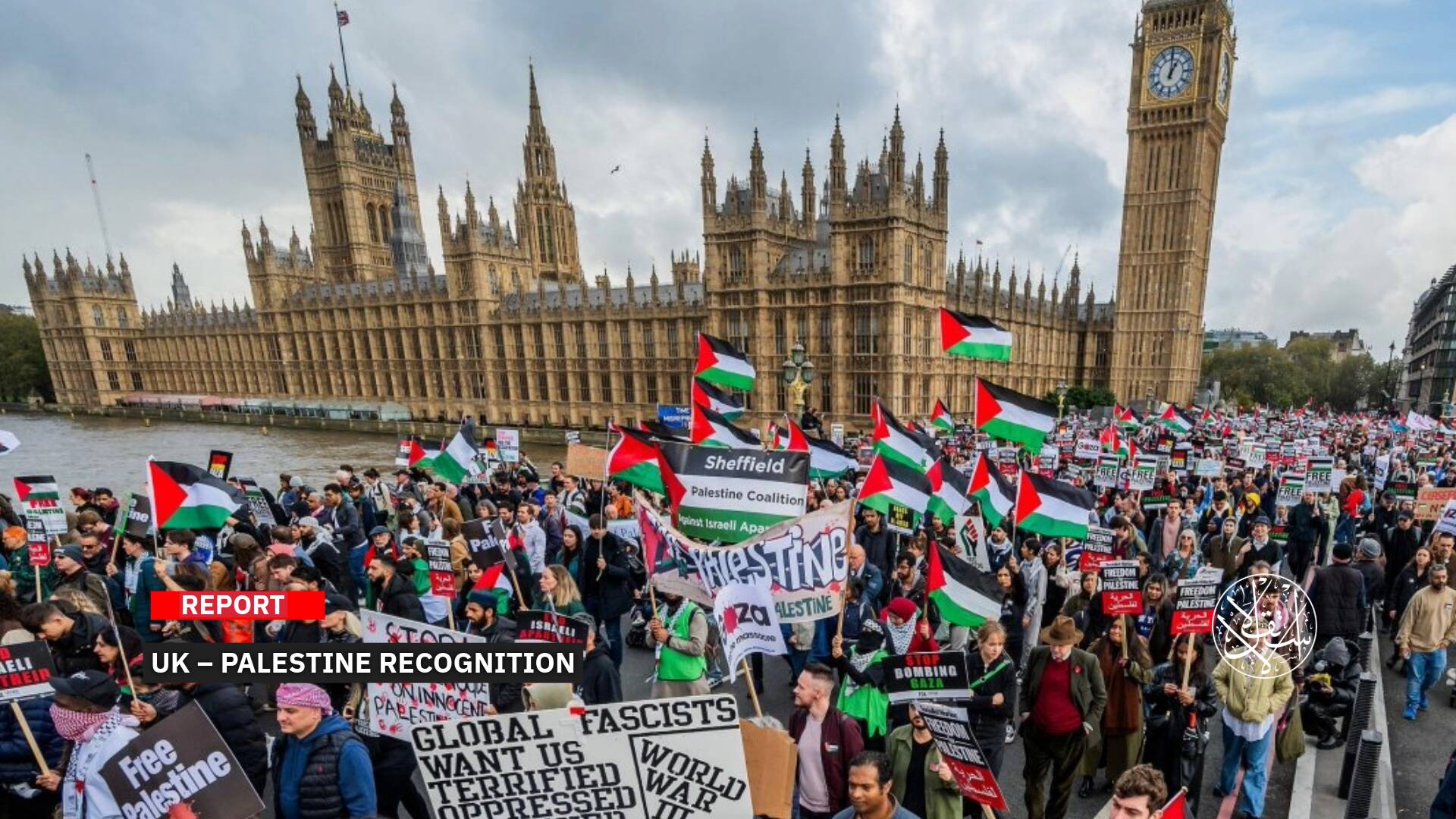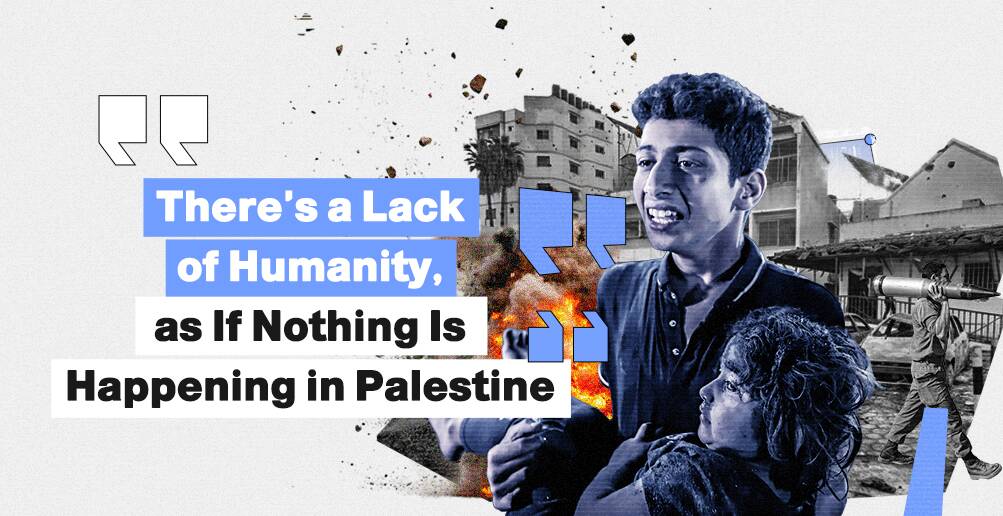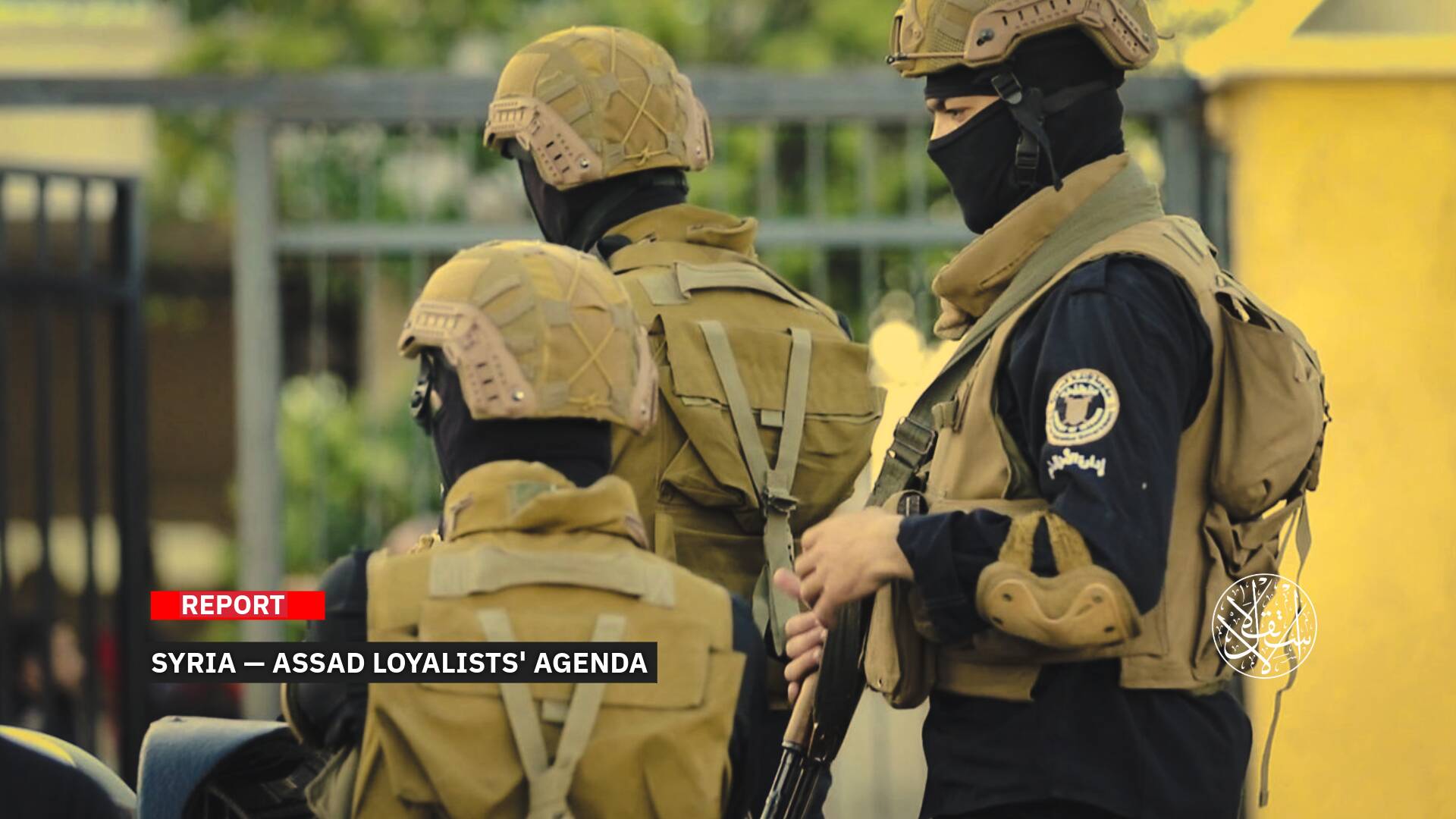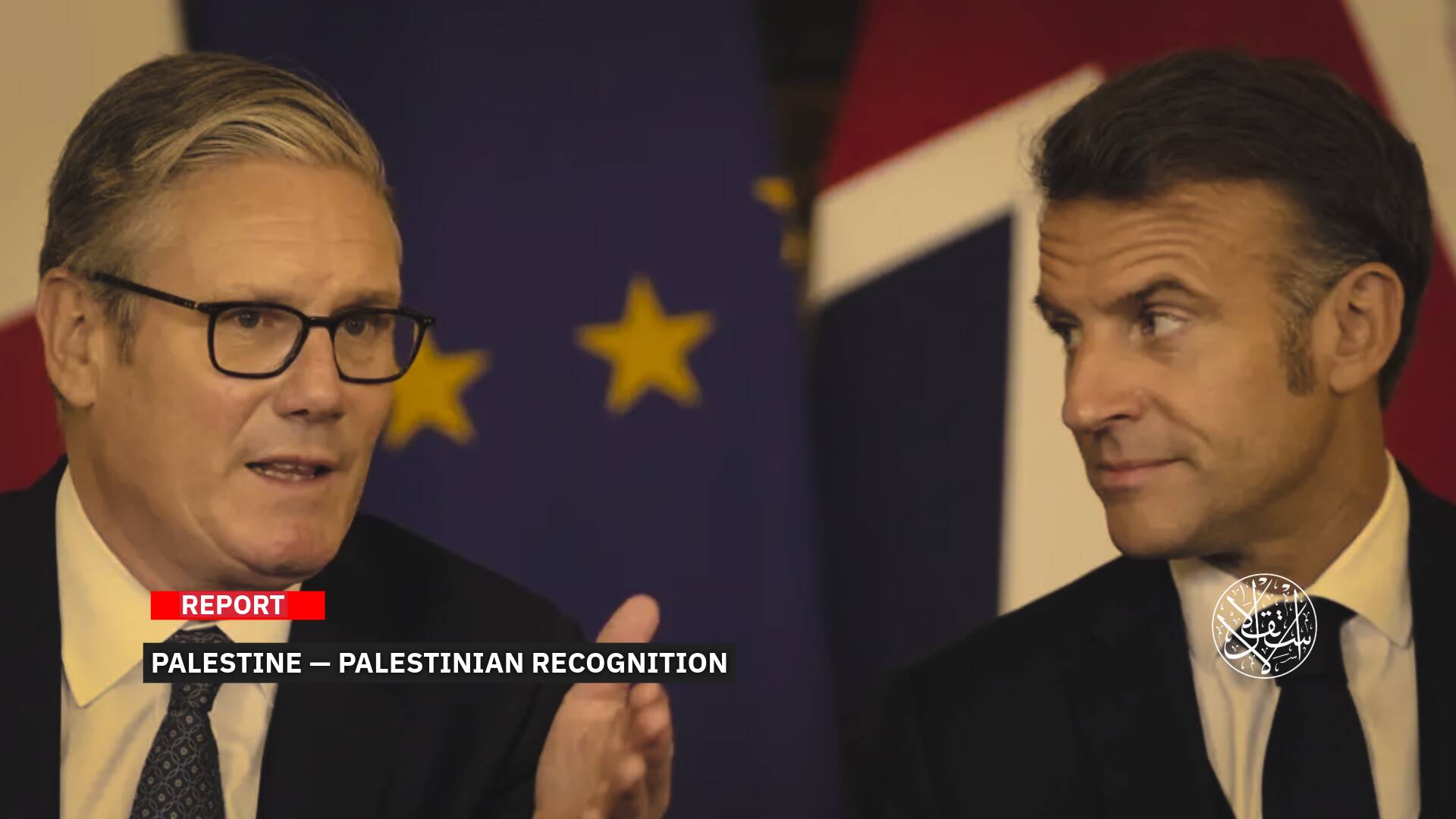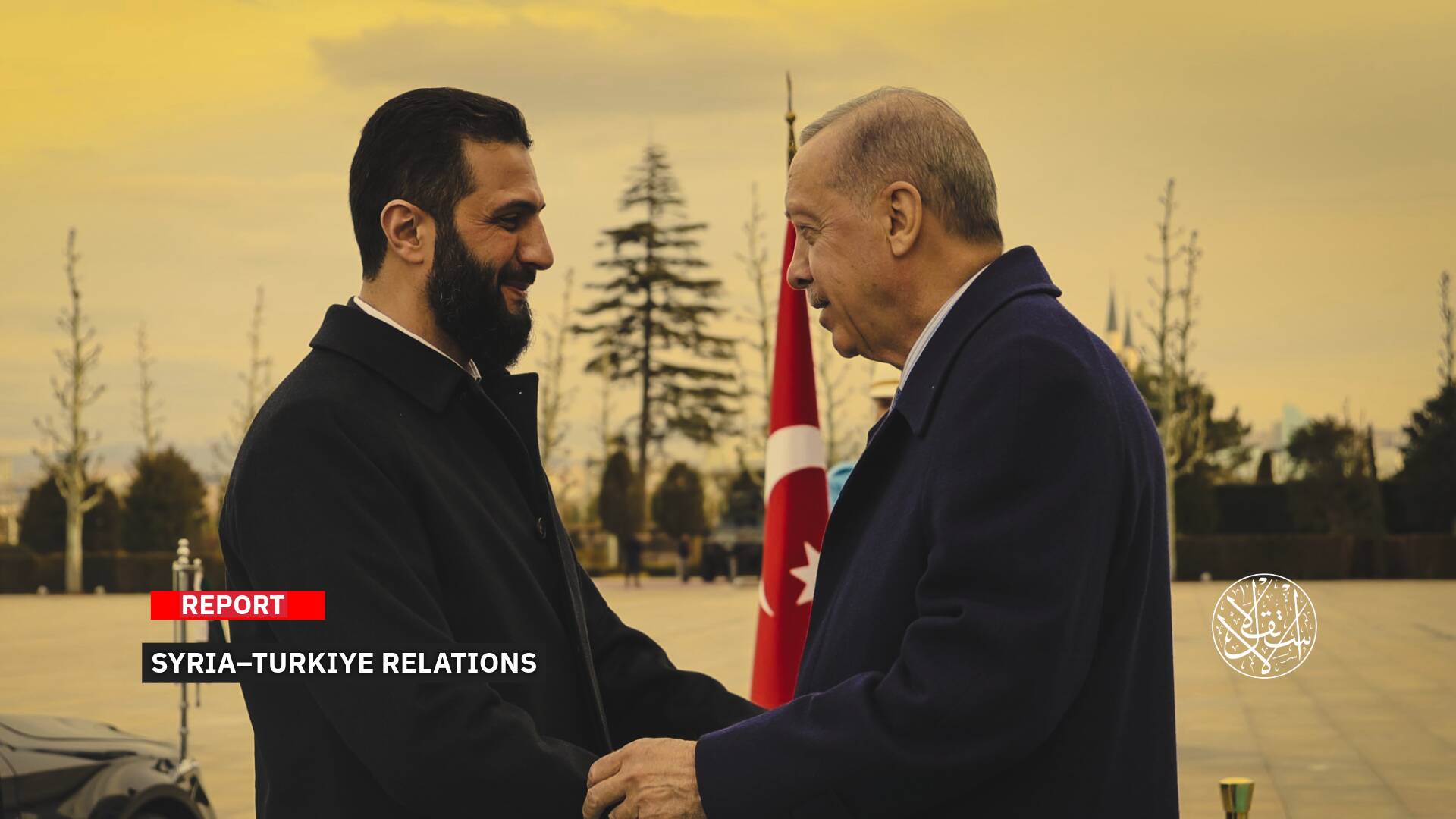Despite the Historical Ties: Why Did Egypt Lose Its Role in Sudan?

The recent turmoil in Sudan, where a military coup has sparked protests and international condemnation, has exposed the shifting balance of power in the region, with Saudi Arabia and the United Arab Emirates playing a more prominent role than Egypt, the traditional leader of the Arab world.
Saudi Arabia and the United Arab Emirates have been cultivating ties with Sudan’s military leaders since the ousting of President Omar al-Bashir in 2019, providing them with a $3 billion aid package and backing their rival factions in the transitional government.
According to regional and international observers, Saudi Arabia favors General Abdel Fattah al-Burhan, the head of the military council, while the United Arab Emirates supports Lt. Gen. Mohamed Hamdan Dagalo, also known as Hemedti, the commander of the Rapid Support Forces, a paramilitary group accused of human rights abuses.
Historical Role
Egypt, which shares a long border and historical ties with Sudan, has been largely sidelined in the crisis, despite its official support for the Sudanese army and its mediation efforts.
Cairo’s influence has been eclipsed by Riyadh and Abu Dhabi, which have closer relations with Washington and more leverage over Khartoum’s economy.
This was evident when Secretary of State Antony Blinken said he had contacted his Saudi and Emirati counterparts to discuss the escalation in Sudan, adding that they agreed that the Sudanese parties must end hostilities immediately with no preconditions. He did not mention any contact with Egypt.
Egypt’s official response to the Sudanese war has been inadequate, despite its historical ties to the African continent and Sudan, some observers say.
The critics point to the detention of Egyptian soldiers on a military mission at Sudan’s Merowe Airport two years ago, an episode that was captured in photos and circulated online.
Osman Mohamed, a Sudanese journalist, told Al-Estiklal that Egypt had not tried to mediate the Sudanese political crisis in recent years, but rather let the Sudanese parties find their own solutions.
“Egypt’s position may stem from the sensitivity of the Egyptian role among the Sudanese, and the quickness of its misinterpretation as dictation and interference in Sudanese affairs,” Mohamed added.
“All these reasons explain to us why the United States did not ask for Egyptian mediation, and therefore also turned to the countries that have been playing a prominent role in mediating between the Sudanese parties—Saudi Arabia and the United Arab Emirates—which are part of the quartet that also includes America and Britain,” he concluded.

Consequences on Egypt
As Sudan faces a political crisis that threatens to unravel its fragile transition to democracy, some experts warn that the turmoil could have dire consequences for the country’s stability and its neighbors, especially Egypt.
“The situation is very dangerous because even if these events end in Khartoum, they will occur in different states, especially in the outskirts of Sudan, which may cause chaos and separatist movements,” said Ahmed Awad, a Sudanese political analyst.
He added that one of the main sources of tension is the power struggle between General al-Burhan, the head of the military council that ousted former President Omar al-Bashir in 2019, and his deputy, General Hemedti, who commands a paramilitary force that has been accused of atrocities in Darfur and other regions.
“Hemedti is essentially his tribal power center in western Sudan, so this area is poised to become an environment with major conflicts, as well as tensions in eastern Sudan,” Awad said.
He believes that “all of them, if they lead to chaos in Sudan, will be more dangerous for Egypt than what existed in Libya, whether from the large waves of displacement expected from Sudan to Egypt, or the spread of phenomena of lawlessness and smuggling of weapons, drugs, and others, as well as the Ethiopian dam crisis.”
Egypt has been heeling the developments in Sudan, its southern neighbor and ally in the dispute over a giant hydropower dam that Ethiopia is building on the Nile River. Cairo fears that the dam will reduce its share of the river’s water, which is vital for its agriculture and drinking needs.
Egypt has also been concerned about the security situation in Libya, where it has backed a faction opposed to a rival government that was supported by Turkiye and Qatar.
Egypt has deployed troops and weapons along its border with Libya to prevent any spillover of violence or infiltration by militants.

Weakening Position
As Sudan shifts on the brink of civil war amid clashes between the military and a paramilitary group, Egypt, its longtime ally and neighbor, has been conspicuously absent from the diplomatic efforts to defuse the crisis.
The US Secretary of State Antony Blinken has reached out to Saudi Arabia and the United Arab Emirates, two influential Gulf states with interests in Sudan, and met with his British counterpart James Cleverly to discuss ways to persuade the warring factions to cease hostilities and resume a political dialogue.
But Cairo, which shares a long border and historical ties with Sudan, has not been consulted by Washington or involved in any mediation efforts, raising questions and criticism from opposition groups and activists in Egypt.
“Egypt has become the sick man of the region,” said Mohamed al-Fil, a researcher who spoke to Al-Estiklal. “It has lost its ability to influence its strategic depth and play a significant role in regional affairs.”
Egypt, once a regional power broker with a strong African presence, has been sidelined in the international efforts to resolve the crisis in Sudan, where a military coup has sparked protests and violence.
The United States and its allies have been in contact with Saudi Arabia and the United Arab Emirates, two Gulf states that have invested heavily in Sudan and competed for its resources and coasts, but not with Egypt, which shares a long border and historical ties with its southern neighbor.
Analysts say that Egypt’s diminished role reflects its own domestic challenges, economic woes, and foreign policy missteps. They point to Egypt’s support for the military faction in Sudan’s fragile transition, which alienated the pro-democracy forces, and its involvement in the Libyan conflict, which exposed it to regional rivalries and security threats.

Severe Complications
The turmoil in Sudan poses a grave threat to Egypt and the region, according to Egyptian analysts who warn of the dangers of separatism, displacement, and chaos. They also blame Egypt’s government for failing to prevent foreign interference and protect its strategic interests in its southern neighbor.
Ahmed Mawlana, an Egyptian researcher, said on his Facebook page that Sudan’s stability was essential for Egypt’s security and that any regime in Cairo would face multiple challenges if Sudan descended into anarchy. He described the current situation as “a disaster or a major crisis” and said that the violent clashes between rival factions in Sudan could fuel separatist movements and trigger waves of refugees.
He also criticized Egypt’s policy toward Sudan, saying that it was “a failure” that allowed other regional and international actors to meddle in Sudan’s affairs. He said that Egypt had been unable to support a pivotal state for its national interests.
Dr. Mamdouh al-Mounir, the director of the International Institute for Political and Strategic Science, said in media statements that Egypt was a major player in the crisis, but also a part of the problem. He said that Cairo backed Gen. Abdel Fattah al-Burhan, the head of Sudan’s military council, while Abu Dhabi supported his deputy, Lt. Gen. Mohamed Hamdan Dagalo, known as Hemedti.
He said that the conflict in Sudan would not end unless one side prevailed over the other, but that both sides had weapons, equipment, and external backing. He also suggested that Cairo might be escalating the crisis to pressure its Gulf allies, especially the United Arab Emirates, to provide more financial aid to Egypt, which is facing an economic crisis.
Furthermore, he said that President Abdel Fattah el-Sisi was “in a state of imbalance” and had no qualms about playing “all the cards, even the dirty ones” to get more support from Riyadh, Abu Dhabi, and perhaps Washington.
He believes that “heating the crisis in Sudan, with Egypt being Khartoum’s first neighbor and the strong relations between the two regimes, all this means providing weapons and supplies to Sudan, and perhaps to both parties secretly, so that it can solve part of its dollar crisis.”
At the end of his speech, he believes that “this crisis has an impact on Egyptian national security by not controlling the borders between the two countries with the waves of migration from Sudan to Cairo."


